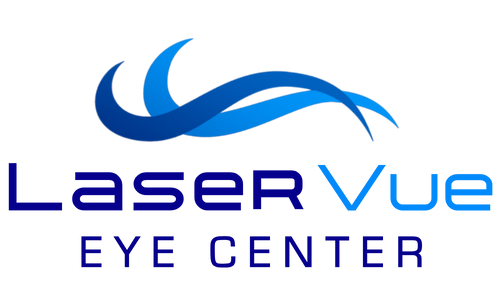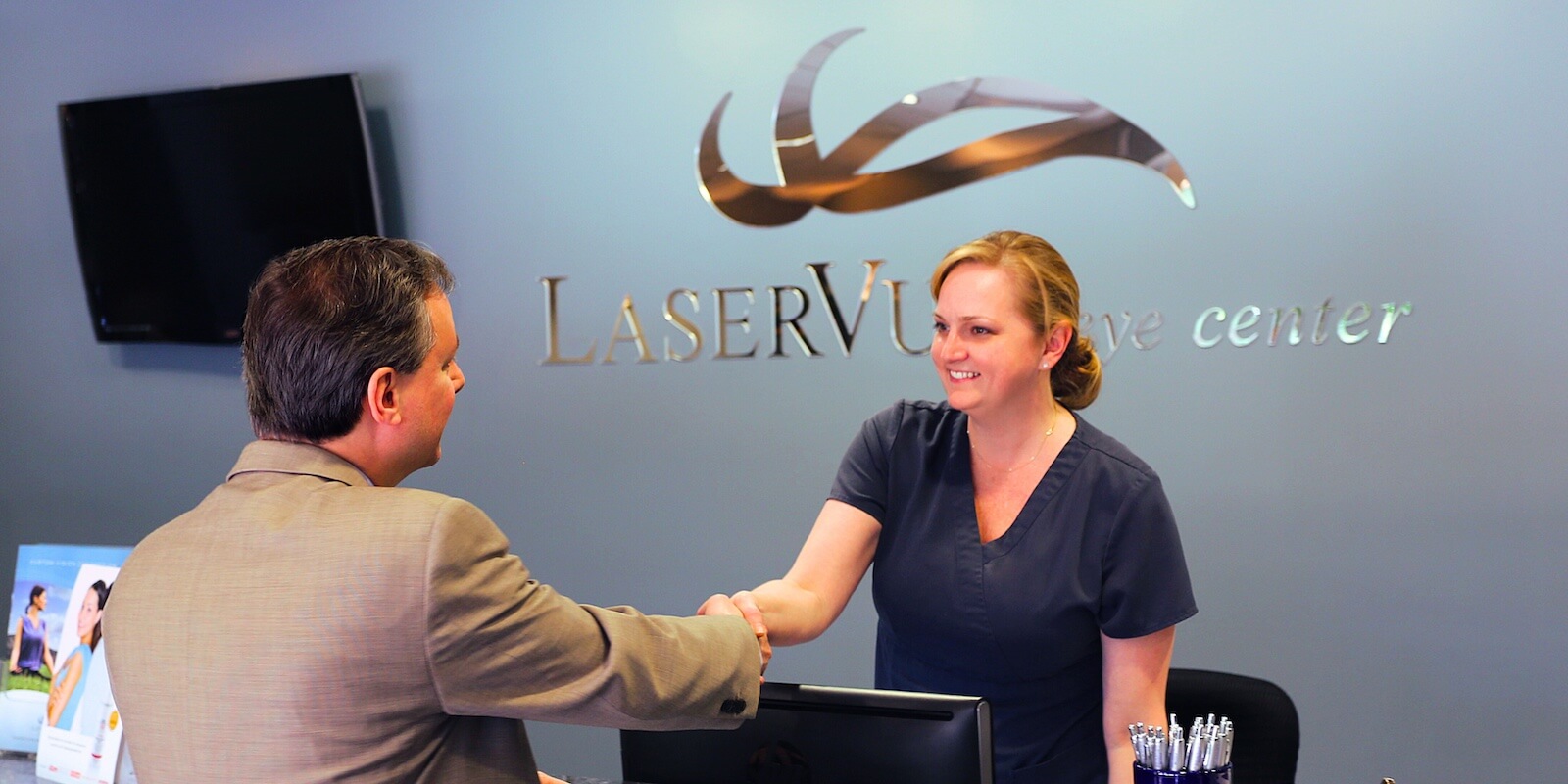Posted by: LaserVue LASIK & Cataract Center in LASIK

LaserVue LASIK & Cataract Center helps patients in the San Francisco Bay Area reclaim their vision.
If you have questions about astigmatism and LASIK surgery, read on to learn more.
I have astigmatism and am +X nearsighted / -X farsighted—am I a candidate for LASIK?
First and foremost: only a qualified refractive surgeon that has examined your eyes can tell you if you’re a good candidate for LASIK.
There are simply too many factors that could rule your eyes out for LASIK candidacy to give an answer based on your prescription alone.
Extremely severe prescriptions or cases of astigmatism are far less likely to be candidates. However, the most influencing factors remain eye health and corneal thickness.
If your eyes are unhealthy to begin with, your surgeon may recommend against LASIK due to a high number of potential complications.
Corneal thickness plays an even larger role, as too-thin corneas simply do not have enough material to undergo LASIK. If your cornea is below a certain threshold, your surgeon will recommend against LASIK.
I have astigmatism after my LASIK surgery. Did my surgeon miss this in my consultation or surgery?
It’s very unlikely that your surgeon missed astigmatism.
Small amounts of astigmatism may not have been treated on purpose. Their effect on vision is small and, depending on the LASIK procedure you had, the laser would not be able to correct them.
If you had Wavefront Guided LASIK, though, the laser would have corrected any astigmatism automatically.
If you had moderate to high astigmatism prior to your LASIK procedure, it’s possible that your eyes have regressed due to the healing process. This can happen naturally and isn’t necessarily a sign of any complication from the procedure.
I have astigmatism in an eye months after my LASIK procedure. Is this a normal occurrence and what can I do to fix it?
The first thing to remember is that LASIK is a surgery just like any other and takes a toll on the body.
Though LASIK may seem quick and relatively simple, the healing time for the surgery takes months. Further, everybody heals at a different rate and your body may take longer than others.
That said, it’s rare that the LASIK procedure itself or complications from the surgery caused the astigmatism.
If your original prescription had high amounts of astigmatism, it’s possible that you have some residual prescription left over in that eye (astigmatism and myopia).
If your vision is fluctuating throughout the day, it’s important to make sure that you are on some type of dry eye therapy (i.e. artificial tears). Dryness can adversely affect your vision and should be dealt with according to your surgeon’s personal recommendations.
After the full healing period has passed (usually at least 4 months), you may be eligible for an enhancement procedure. If you’re not satisfied with the quality of your vision, you should ask your surgeon to examine your eyes to determine if an enhancement is right for you.
A surgeon generally won’t perform an enhancement unless they’ve determined that your eyes have fully healed and that your vision has stabilized.
Whatever your situation, make sure to follow up with your surgeon. They will recommend the best course of action based on your specific situation.
Looking for an experienced refractive surgeon in the North Bay?
Dr. Jay Bansal of LaserVue has performed tens of thousands of successful LASIK procedures.
If you’re interested in LASIK or want to schedule a consultation to see if you’re a good candidate, fill out the form below or give us a call at 1-800-LASER-45 (1-800-527-3745).
